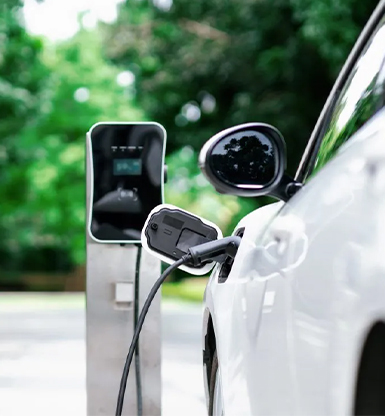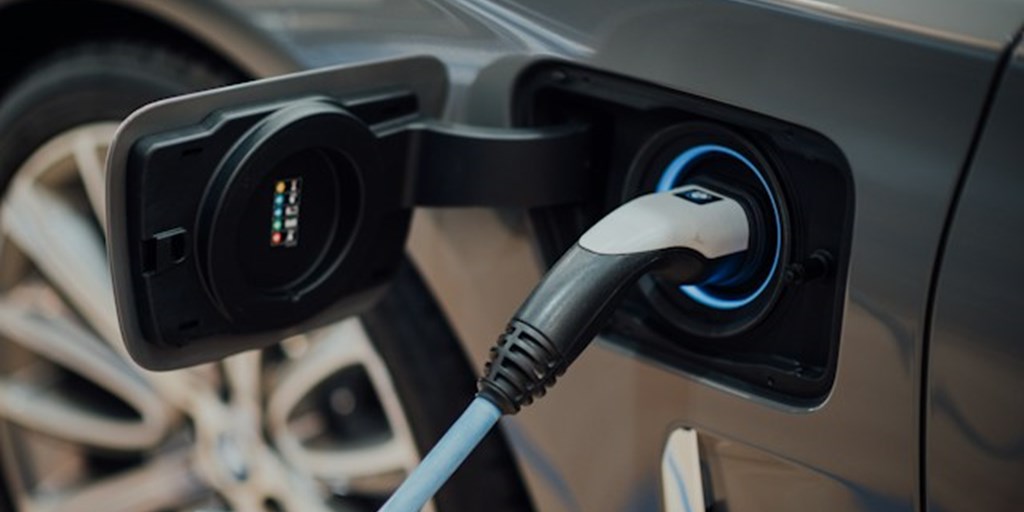Key Innovations in the EV Sector You’ll Find in Today’s Buy EV Charging news
Key Innovations in the EV Sector You’ll Find in Today’s Buy EV Charging news
Blog Article
New Dope in EV Charging: Just How the Sector Is EVolving to Meet Demand
As the electrical car (EV) market proceeds to broaden, the charging facilities is undergoing considerable changes to address the rising need. The effects of these innovations elevate important questions regarding the future of EV billing and its role in the more comprehensive power community.
Development of Billing Infrastructure
The fast expansion of electric automobile (EV) billing infrastructure is an essential part in helping with the extensive adoption of electrical wheelchair. As federal governments, exclusive companies, and customers significantly acknowledge the value of minimizing carbon emissions, investments in billing networks have risen. This facilities growth is essential to ease array anxiousness, guaranteeing that EV customers have hassle-free access to charging terminals.
Considerable advancements accountable station modern technology and implementation techniques have actually arised. Urban locations are seeing an expansion of public charging stations, while rural regions are slowly being integrated into the billing network. Collaborations between vehicle producers and charging suppliers are ending up being extra typical, helping with the establishment of extensive networks that enhance user experience and ease of access.
Additionally, the integration of renewable resource sources right into charging terminals is gaining momentum, promoting sustainability in the EV ecosystem. This change not just supports ecological objectives however also straightens with the rising need for eco-friendly power options amongst consumers.
Ultra-Fast Charging Technologies
Ultra-fast charging innovations stand for a substantial jump ahead in the EV charging landscape, making it possible for electric automobiles to charge in a portion of the moment contrasted to standard billing methods. These advancements typically deliver power degrees exceeding 150 kW, with some systems reaching up to 350 kW or more, dramatically minimizing charging times to just 15-30 minutes for a substantial charge.
Secret enabling technologies include advancements in battery chemistry, power electronic devices, and thermal management systems. As an example, high-capacity batteries with enhanced thermal stability permit faster charging without overheating. Additionally, developments in charging facilities, such as liquid-cooled cords and modular billing terminals, facilitate reliable power transfer, boosting the total individual experience
Significant automobile suppliers and innovation companies are actively spending in ultra-fast billing networks, recognizing the critical role they play in conquering range anxiety and accelerating the fostering of electric cars. As these technologies become extra commonly offered, the EV market is anticipated to witness substantial growth, making electric wheelchair an extra appealing option for customers. In general, ultra-fast charging technologies are critical in shaping the future of sustainable transportation, paving the method for an extra comprehensive and reliable charging environment.
Smart Grid Combination
Via need response techniques, clever grid systems can adjust billing schedules based upon grid conditions and why not look here electricity rates. For example, during durations of high need, charging can be delayed to off-peak hours, leading to reduced expenses for consumers and lowered stress on the grid. Furthermore, vehicle-to-grid (V2G) modern technologies enable EVs to discharge power back into the grid, boosting and offering ancillary services grid security.
Assimilation with renewable resource resources additionally improves the sustainability of EV charging. By aligning charging activities with periods of high solar or wind generation, smart grids advertise a greener charging framework. Ultimately, wise grid assimilation not just sustains the expanding demand for EVs yet likewise contributes to a more resilient and sustainable power future, positioning the sector for lasting success.
Battery Technologies
In the middle of the fast advancement of electric cars (EVs), battery innovations stand at the center, driving advancements in performance, efficiency, and sustainability. As the need for EVs surges, scientists and makers are concentrating on boosting battery technologies to deal with difficulties such as range stress and anxiety and billing times.
Lithium-ion batteries continue to be the most commonly used innovation, yet brand-new products and chemistries are arising to boost power thickness and longevity. Solid-state batteries, for example, promise higher energy storage space capability and improved safety and security by replacing liquid electrolytes with solid ones. This shift can considerably reduce the risk of fire and boost the life-span of batteries.
Moreover, developments in battery recycling procedures are crucial for sustainability. Firms are developing approaches to recover valuable products like lithium, cobalt, and nickel from used batteries, promoting a round economic situation and decreasing environmental effect.

International Billing Requirements

Efforts are underway to develop worldwide billing requirements that promote compatibility amongst different EV designs and billing stations. Organizations such as the International Electrotechnical Compensation (IEC) and the Culture of Automotive Engineers (SAE) are functioning collaboratively with vehicle producers and view it now energy companies to produce detailed standards. EV Charging news. These requirements objective to improve the charging process, decrease the requirement for numerous adapters, and improve individual experience
Moreover, standardization can significantly bolster the expansion of the billing network, as it motivates investment by making framework development more foreseeable and reliable. As the EV market grows, a unified technique to charging standards see will be important for making sure that consumers can bill their automobiles easily and accurately, thereby supporting the more comprehensive change to sustainable transportation.
Final Thought
The electric car charging market is going through substantial transformation to attend to the surging demand for sustainable transport. Advancements in charging framework, ultra-fast innovations, smart grid integration, and innovative battery services are pivotal in boosting individual experience and functional effectiveness. Moreover, the quest of global billing standards is essential for ensuring interoperability across different areas and systems. Collectively, these developments place the market to support a wider fostering of electric automobiles, eventually contributing to a more lasting future.
Urban areas are seeing an expansion of public billing terminals, while rural areas are progressively being integrated right into the billing network. In addition, advancements in billing infrastructure, such as liquid-cooled cable televisions and modular charging stations, assist in reliable power transfer, boosting the overall individual experience.
On the whole, ultra-fast charging modern technologies are pivotal in shaping the future of lasting transport, paving the method for a more substantial and reliable charging ecosystem. - EV Charging news
By lining up charging activities with durations of high solar or wind generation, wise grids promote a greener charging infrastructure.Initiatives are underway to establish global charging requirements that help with compatibility amongst numerous EV versions and charging terminals.
Report this page